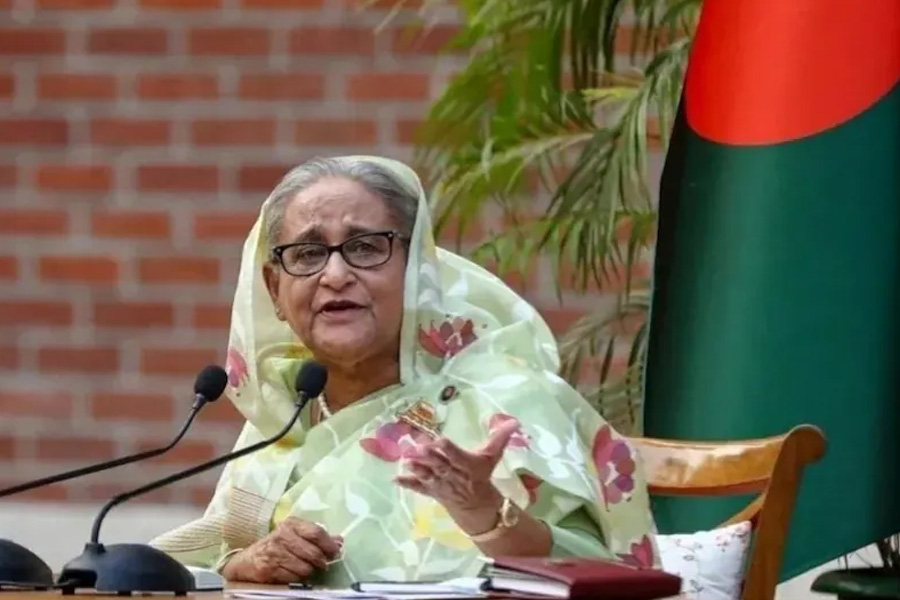
Former Bangladesh Prime Minister Hasina’s departure is an example of India granting safe passage to a political asylee. There are many International Court of Justice judgements on the right to safe passage.
Authors
Abhinav Mehrotra, Assistant Professor, Jindal Global Law School, O.P. Jindal Global University, Sonipat, Haryana, India.
Biswanath Gupta, Associate Professor, Jindal Global Law School, O.P. Jindal Global University, Sonipat, Haryana, India.
Summary
The recent incident in Bangladesh is truly alarming for the entire region. After Sri Lanka, it is the second country where the head of state had to flee the country due to violent protests. As a result, the former Prime Minister of Bangladesh has been granted the right to safe passage by India.
From an international law perspective, two important questions arise: the first is the right of safe passage for political offenders, and the second concerns the provisions governing the formation of an interim government through a military takeover, which contains elements of both revolution and military coup.
Regarding the provisions governing coups, a coup is defined in international law as “the sudden, violent, and illegal seizure of power from the government,” whereas a revolution typically involves many individuals rallying with specific demands aimed at the authorities for implementation.
The ongoing protests in Bangladesh should be viewed from the perspective of safeguarding the democratic process embraced by the populace, ensuring the election of regimes through unrestricted balloting—a principle expressly enshrined in the International Covenant on Civil and Political Rights.
Published in: News 18
To read the full article, please click here.

